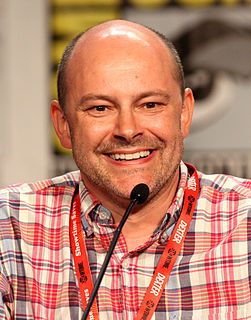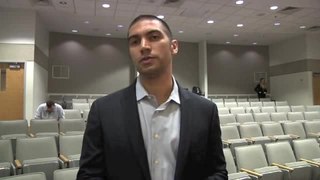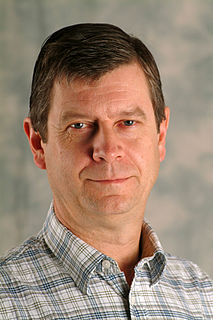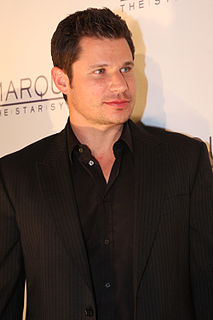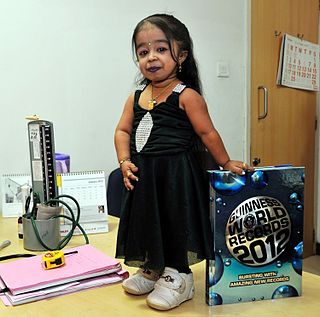A Quote by Kay Cannon
I felt that a cappella was the improv world with music, where it's very serious, and there are groups and competition, and some people become famous, and there's a language we speak from one improviser to another.
Related Quotes
Every time another tribe becomes extinct and their language dies, another way of life and another way of understanding the world disappears forever. Even if it has been painstakingly studied and recorded, a language without a people to speak - it means little. A language can only live if its people live, and if today's uncontacted tribes are to have a future, we must respect their right to choose their own way of life.
When you speak a foreign language, you become someone else. If you aren't used to speaking a language, and you start speaking it again, for the first few sentences you'll find yourself in very strange shape, because you're still the person who was speaking the first language. But if you keep speaking that language, you will become the person who corresponds to it.



